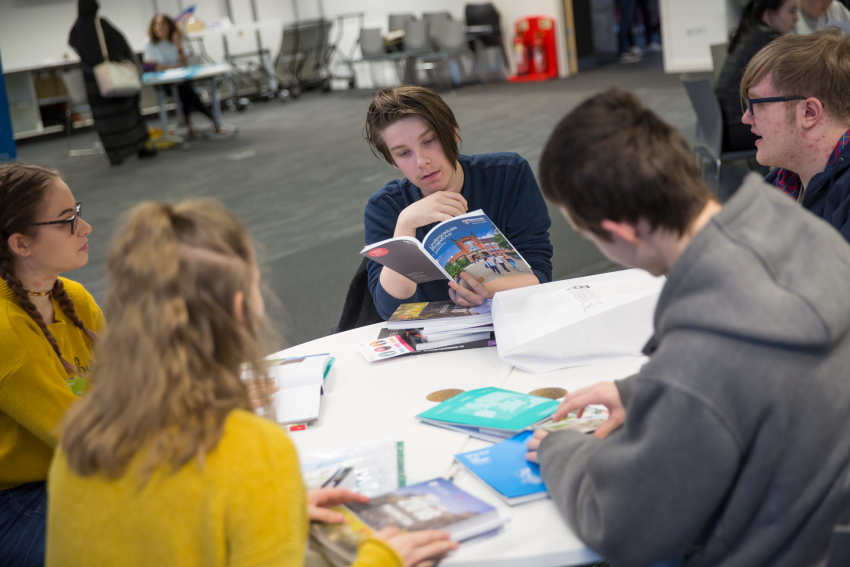
Eligibility
January 2024 update: Applications for students entering Year 12/first year of college have now closed, and we are unable to accept late applications. Students with complete applications received before the deadline have now been contacted about the outcome of their application. Applications will reopen in September 2024 for students in Year 12 attending a school or college working with RO.
Schools participating in RO will be provided with a Student Application Key which allows students to access the online application system. Students join the RO programme in Year 12.
If you are a teacher/advisor, there is a dedicated schools and colleges web page. Individual eligibility criteria for students is below.
The application process only assesses whether students meet RO’s eligibility criteria – students are not required to write a personal statement nor tell us why they want a place on RO.
Step One: Essential criteria
This criteria may change before applications open in September 2024. Last year’s criteria (below) may be helpful to students who are interested in applying.
In order to be eligible to apply for the Realising Opportunities programme students must meet all of the following criteria:
- Attend a state-funded school/college which is currently working with an RO university to deliver the RO programme. Read information for home-schooled students.
- Are studying in Year 12 in England (or equivalent).
- Have achieved at least five grade 9–6 at GCSE (or equivalent, eg GNVQ, BTEC certificate); if this does not include English Language and Mathematics they must have achieved at least a grade 4 in these subjects. Read information for students who have experienced a period of disrupted education.
- Be a Home registered student or expect to be by the time they apply for higher education. Read information for students classed as an asylum seeker or with a temporary status.
Step Two: Eligibility
The more of the below criteria you meet, the more likely you are to secure a place on the RO programme. Students who meet fewer than two of the Step 2 criteria are unlikely to be offered a place on the programme, with exceptions for some groups of students, as RO is oversubscribed each year
- Live in a neighbourhood which has a low progression rate to higher education or an area which has a high level of financial, social or economic deprivation. This is defined by home postcode. Read about home postcode criteria.
- Be in the first generation of their family to attend university in the UK or abroad. Read about first generation criteria.
- Be in receipt of or entitled to free school meals, or have been entitled to them at a point in the last six years.
- Be in receipt of or entitled to discretionary payments/16-19 bursary/Pupil Premium at school/college.
- Be attending or have attended a school/college: that is performing below the national average in key areas or where there is higher than the national average number of students eligible for free school meals. Read about school/college performance information.
Or alternatively meet the following: - If you are living in/have lived in local authority care, are a young carer, or are estranged/living independently from your family, we strongly encourage you to apply even if you don’t meet other step 2 criteria. This is because your application will be given additional consideration. Read about additional consideration info.
If students do not meet prior attainment outlined in step 1 but have experienced a period of disrupted education, their application may still be considered on an individual basis. Read disrupted education info.
The application process only assesses whether students meet RO’s eligibility criteria – students are not required to write a personal statement nor to tell us why they want a place on RO.
Details



